 I absolutely love the process of crafting great cover letters. You may have heard that some recruiters don’t read cover letters, but I would emphasize “some.” For the ones who do (and you don’t know who they will be), and for smaller employers, an impressive cover letter can make a huge difference.
I absolutely love the process of crafting great cover letters. You may have heard that some recruiters don’t read cover letters, but I would emphasize “some.” For the ones who do (and you don’t know who they will be), and for smaller employers, an impressive cover letter can make a huge difference.
Your cover letter can show recruiters and hiring managers a little bit about how you would show up in an interview. Here are 5 cover letter tips that will get you in the door!
1) Tailor the cover letter to the job posting.
I get a lot of requests from clients to write them a generic cover letter that they can use for any application. Every time, I refuse. My advice: NEVER write a generic cover letter. It will hurt you not help you. A company can smell it when you’ve used the same letter for multiple other job applications, and they don’t like it.
Instead, read the job description. Research the company. And in your cover letter, tell the company why you want to work for them specifically. What interests you about their mission and vision? What’s your connection to that brand? Writing that kind of letter will get the attention of the decision-maker.
2) Impress your reader quickly.
In the first paragraph, after you say what job you’re applying to, list briefly the major reasons you are the right candidate for the job. This task can be done in just a few words. Yes, really, it can! For example:
My experience as senior project manager at Blue Shoes, combined with my extensive coursework in business management at Green Vest University, give me the requisite skills for the Project Manager position at Purple Fashion Inc.
Note: The reader doesn’t have to wonder whether you’ve got the training and experience for the position. He or she has a reason to read further.
3) Give them what they need.
Say not what the company can do for you, but what you can do for the company (they couldn’t care less how great a match they are for your interests!)
Do NOT say: “I have always been interested in fashion and the position at Purple Fashion Inc. will give me the experience I seek.”
Aaargh!! Companies are not in the business of giving you the experience you seek. They hire people who will make a contribution, not suck the life out of them!
Instead, say something like: “I have been studying business and working in the fashion industry for the entirety of my academic and professional career, and I look forward to contributing my skills and passion to Purple Fashion Inc.”
4) Tell a good, brief story.
This tip applies more to smaller organizations who take time to read your cover letter. The person reading your cover letter is a human being, and human beings like stories. If you do a good job with your cover letter, the reader will be enthralled and left wanting more. That’s the effect you want!
Here’s a sample story: “In 2008, I worked with our product design and marketing teams to implement a new product campaign, and it became clear that certain production costs would have to be reduced. Through my leadership, our team cut those costs by 30% without any labor reduction, and the campaign became profitable in the sixth month of operation. I will bring this capability for incisive and effective decision making to Purple Fashion Inc.”
5) Match your points to the skills sought by the company.
Include bullet points in your cover letter that speak exactly to the skill set listed in the job description. This can be different for every job you apply to. Make sure you address the top requirements of this company, vs. some generic company that might be a match for what you’ve done.
My clients have great success getting interviews, and I know at least part of that success is due to their effective cover letters. Use the above cover letter tips to create an engaging document that will win interviews.
Don’t forget the resume of course, which must be tailored to the job and packed with your accomplishments!
For assistance with writing cover letters and resumes that will get you interviews, contact The Essay Expert.


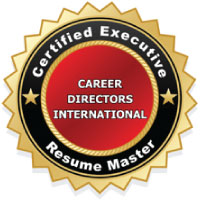
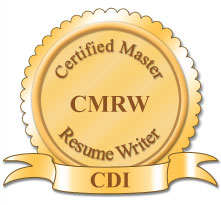
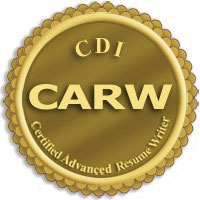
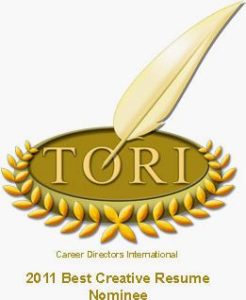
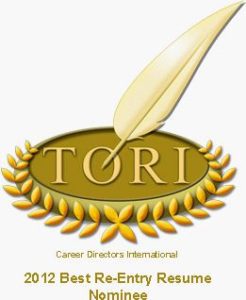
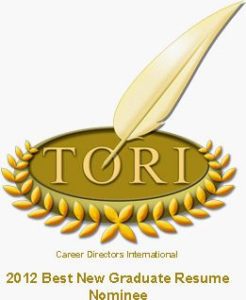
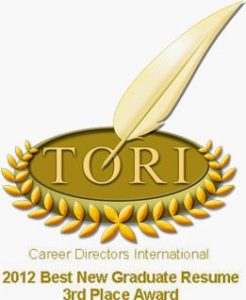
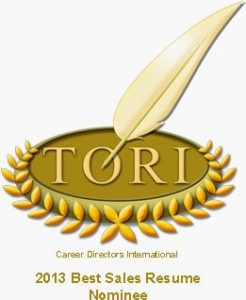
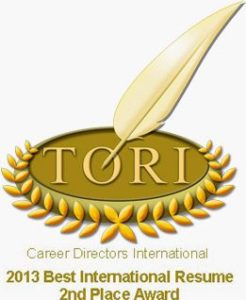
Brenda:
I absolutely agree! Even in a situation where the initial recipient doesn’t read the cover letter, if you actually get an interview there’s a good chance that the letter is getting included with the package provided to all interviewers, so it can have much more impact than you think.
I had a client who wanted to change careers, from working in a financial role in a technology company to being a stock research analyst focused on the technology sector. She came up with a list of 20 lead analysts at major firms to write to, with no idea whether any had openings.
I worked with her on making sure the letter would focus exactly as you suggest on why she would be an outstanding candidate, and on making sure it showed the right combination of P, Q, R and S. (Passion, Qualifications, Results and Self-Confidence.) One element was giving a specific date on which she would follow-up to set up a meeting.
I instructed her to only send out as many as she was confident (given that she was working full time) she would be able to live up to the specific follow-up call she had indicated, so she did a first batch of 9 letters, intending the send out the other 11 the next week.
She never needed to send out the others, because out of the first 9, she got 3 formal interviews, 3 more informational interviews, and the job offer she sought.
For more on cover letters, read “Are Cover Letters A Waste Of Time?”:
https://www.jhacareers.com/articlescoverletter.htm
John
There is a little known way to effectively use cover letters, and that is to write it as a value proposition. I learned this from Mark Hovind, at http://www.jobbait.com, and have attended his workshop in Auburn, WA.
Basically, he has statistically tracked response rates from hiring managers who receive a mailed value proposition (cover letter), vs. the odds of getting a job by sending a resume and cover letter to a company HR department. Even blue collar workers fare better, getting a job in less than 90 days, by personally delivering or mailing (or a combo of both), than relying on job boards, and sending cover letters to company hiring managers.
Why is it so effective? As human beings, we enjoy getting mail personally addressed to us. Unless it’s an obvious ad, we open it. If it is a well-crafted, brief (130 words or less), value proposition that addresses the company’s needs, it is guaranteed to be read by the executive who opens it. What’s best about this method is YOU BYPASS THE GATEKEEPERS and you reach the executive BEFORE he/she starts looking for candidates to fill his need. You have just BYPASSED THE COMPETITION, too. Now you have 100% odds in your favor!
But don’t take my word for it; go to Hovind’s Web site and read his statistics on common job search tactics, and browse his Web site for his research and stats on where to find hot jobs, recession-proof jobs, and more.
Kathy Bitschenauer, CARW, CCMC
New Pathways Career Services